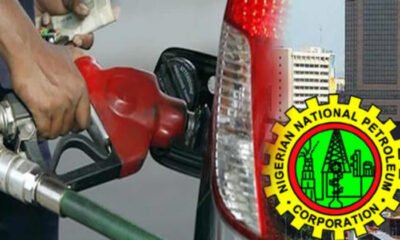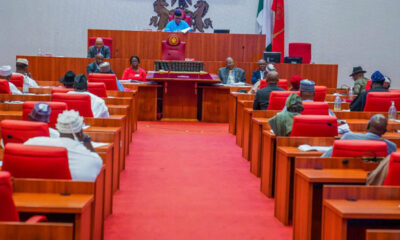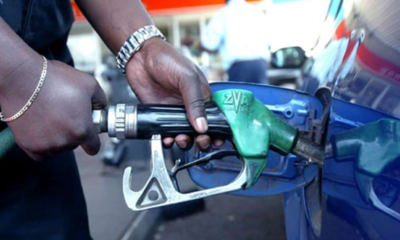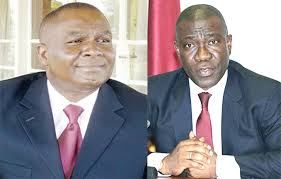Breaking News
NNPCL May Sell Refineries Amid Rehab Setbacks – Ojulari Reveals
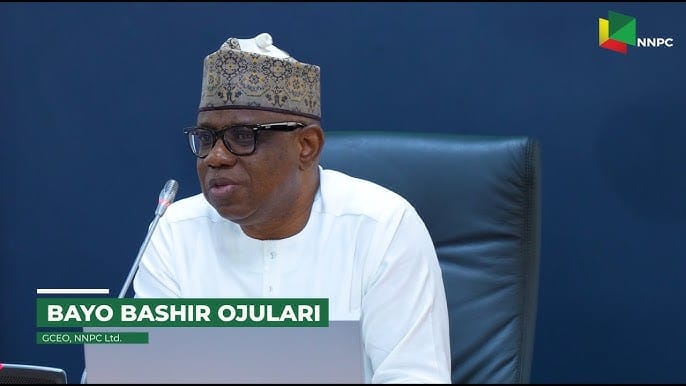
The Group Chief Executive Officer of the Nigerian National Petroleum Company Limited (NNPCL), Bayo Ojulari, has revealed that the national oil firm may consider selling some of its refineries as it continues to face obstacles in rehabilitating the long-dormant facilities.
Ojulari disclosed this during an interview with Bloomberg on Thursday, July 10, 2025, at the 9th OPEC International Seminar in Vienna, Austria, where he said a strategic review of the company’s refinery operations is ongoing and likely to be completed before the end of the year.
“So we’re reviewing all our refinery strategies now. We hope before the end of the year, we’ll be able to conclude that review. That review may lead to us doing things slightly differently,” he said.
When asked whether the strategic review could lead to the outright sale of the refineries, Ojulari stated that no option is being ruled out.
“Sale is not out of the question,” he declared. “All the options are on the table, to be frank, but that decision will be based on the outcome of the reviews we’re doing now.”
Nigeria has long struggled with getting its state-owned refineries — Port Harcourt, Warri, and Kaduna — back to full operation. Despite several rounds of government-funded rehabilitation projects, they remain largely non-functional.
Although the Port Harcourt refinery was briefly restarted in November 2023, it was shut down again in May 2025 for further maintenance.
Ojulari said one of the key challenges in reviving the refineries is dealing with old equipment and underperforming technologies.
“We made quite a lot of investments over the last several years and brought in a lot of technologies. Some of those technologies have not worked as we expected,” he explained.
“Also, when you’re refining a very old refinery that has been abandoned for some time, what we’re finding is that it’s becoming a little bit more complicated.”
Ojulari also expressed concern over the high cost of crude oil production in Nigeria, noting that operating costs currently range between $25 and $30 per barrel.
“The operating cost right now in Nigeria is hovering over $20 per barrel, which is quite high,” he said.
“Part of that is because of the investment we’ve had to make in terms of securing our pipelines. Today, we have 100 per cent availability of our pipelines, and that came out of significant investment.”
He added that with time and stability, the company expects these production costs to decline.
Despite these hurdles, the NNPC boss was optimistic about Nigeria’s production outlook, revealing plans to boost daily crude oil output to 1.9 million barrels by the end of 2025.
The move aligns with the Federal Government’s broader goals of ramping up energy production and revitalising the petroleum sector, even as debates around subsidy removal, refinery functionality, and export optimisation continue to dominate national discourse.

